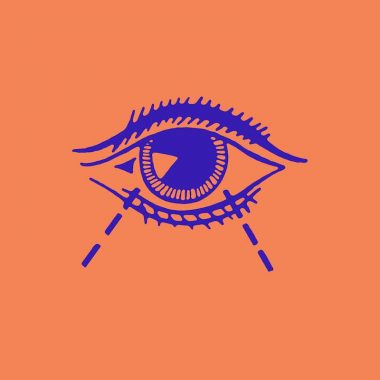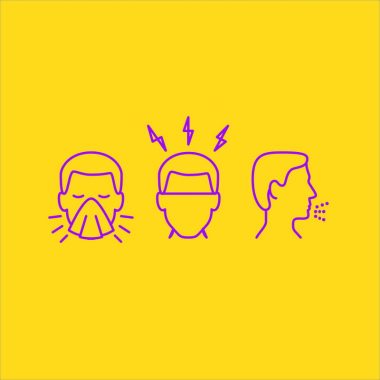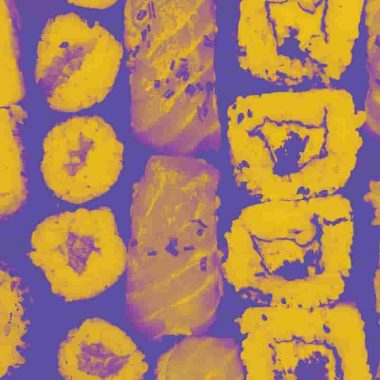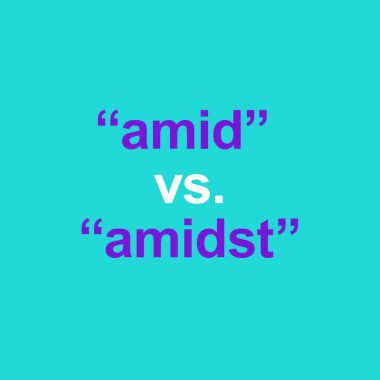“Virus” vs. “Bacteria”: What’s The Difference?
It’s easy to confuse viruses and bacteria. They are both extremely tiny, for one thing, and, depending on what kind of bug you get, they can make you sick. OK, “extremely tiny” and “make you sick”? We do have technical words for these things. Viruses and bacteria are microscopic, meaning they are too small to see with the unaided eye. And pathogens are “disease-producing agents,” …











